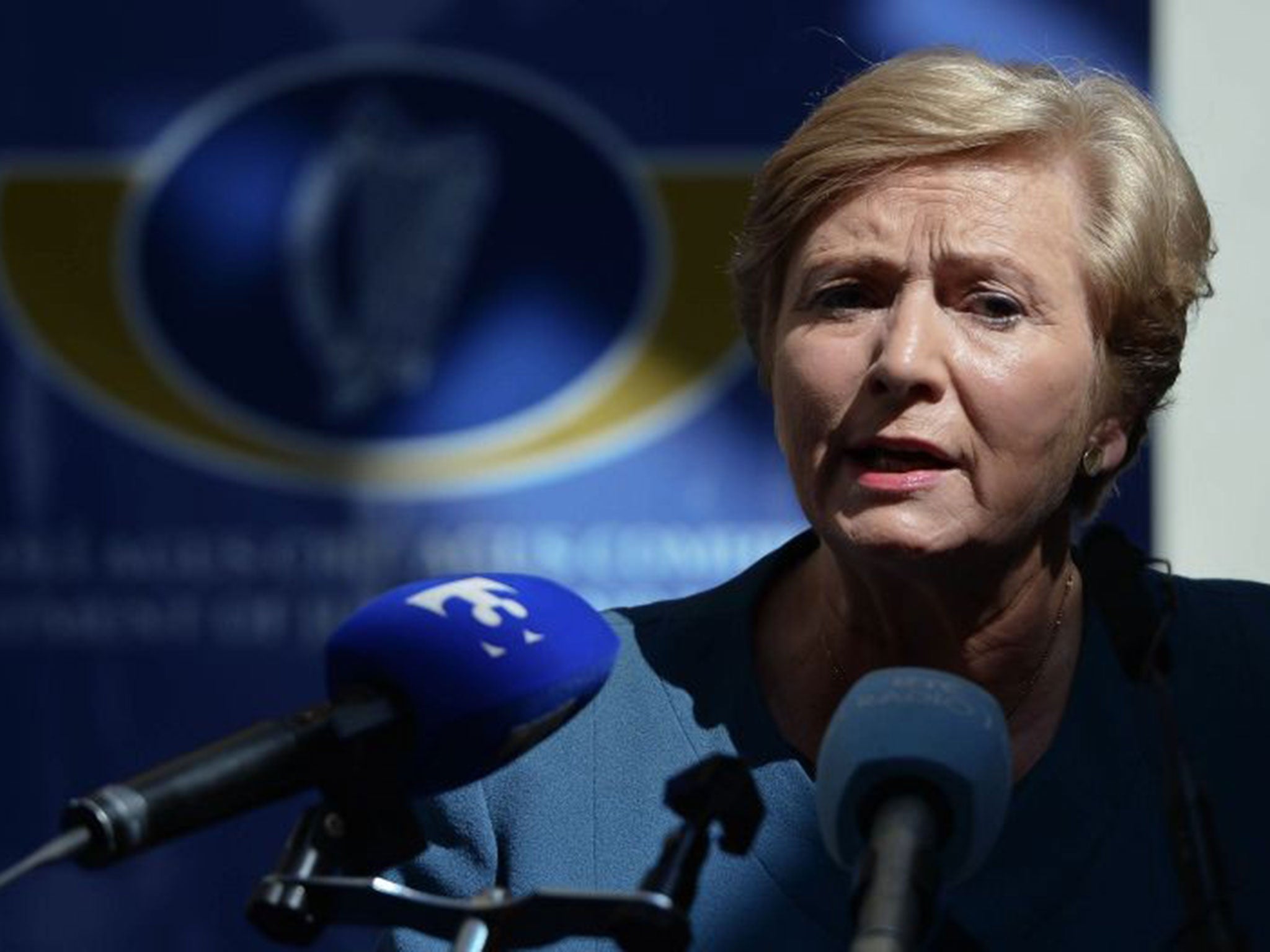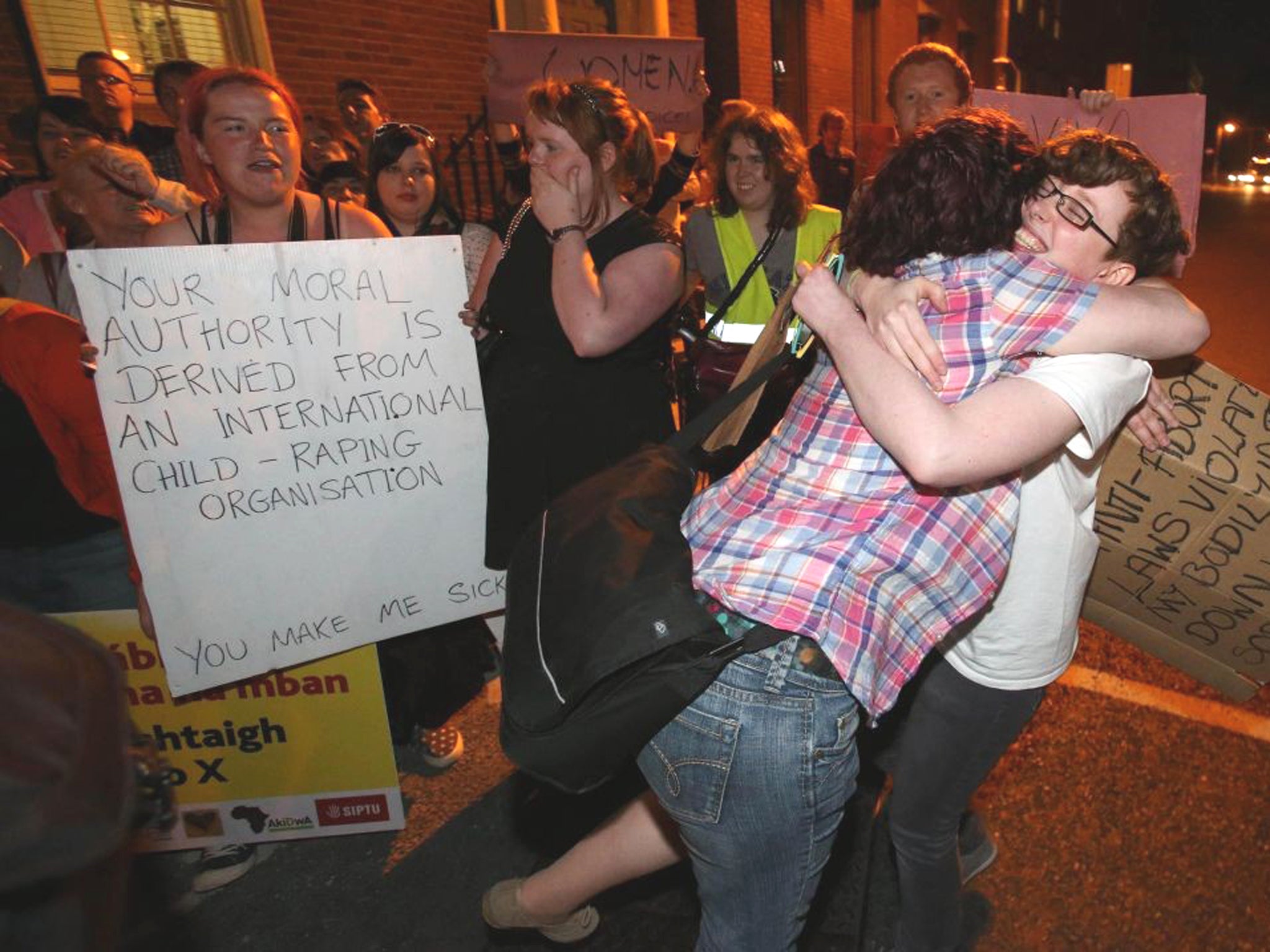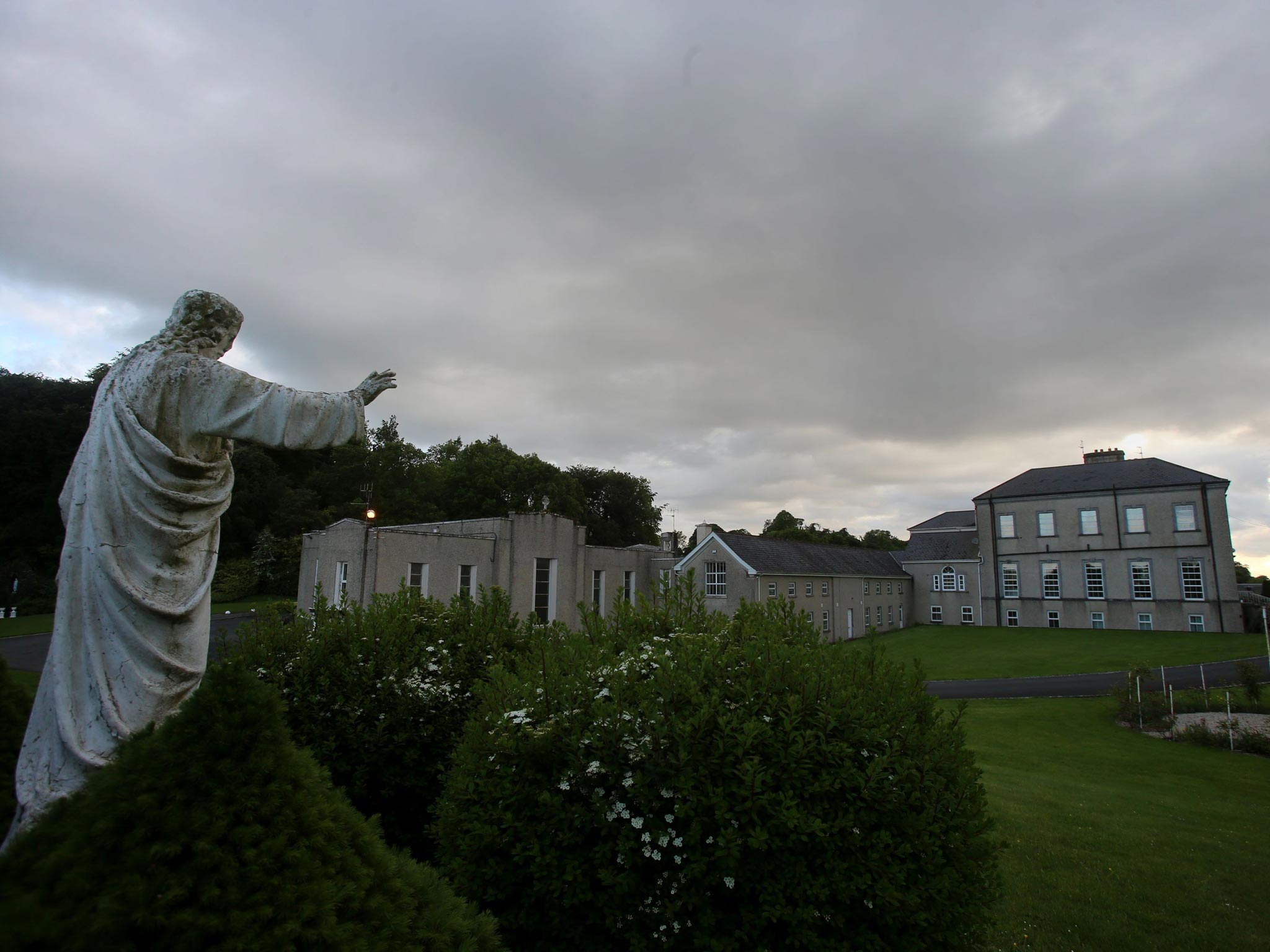Ireland abortion laws could breach international human rights treaty, UN warns
Abortion is illegal in Ireland unless there is a risk of death

The Irish Government has been warned that its abortion legislation is still in breach of international human rights laws.
The Minister for Justice, Frances Fitzgerald, is being questioned by the UN Human Rights Committee (UNHRC) as it reviews the country’s compliance in Geneva.
Yuval Shany, a member of the UN board, said the Protection of Life During Pregnancy Act continued to criminalise pregnant women who had a right to an abortion, the Irish Times reported.
Although the committee has previously accepted varied abortion practices among member states, there were circumstances where abortion terminations must be available under the International Covenant on Civil and Political Rights, he added.
Mr Shany said: “While the 2013 Act represents some improvement on the previous situation it does not address many of the committee’s concerns and has left in place the criminalisation of abortion, even in circumstances in which we deem (member) states to be under an obligation to allow safe and legal abortion.”
These include serious risk to the life or health of the mother, fatal foetal abnormalities and rape or incest.

Last year, the previous Justice Minister Alan Shatter called on the Government to end the “great cruelty” of forcing women to give birth to children from rape or that will die soon after being born.
“Clearly many women who find themselves in these circumstances address this issue by taking the plane or the boat to England,” he said, calling it “a British solution to an Irish problem.”
The 2013 law allows abortions where doctors deem there is a risk of death or the mother’s suicide, which three physicians have to confirm.
It repealed older sections criminalising attempts to force a miscarriage and replaced them with an offence called “destruction of unborn human life”, which carries a maximum penalty of 14 years imprisonment.
The life is deemed to start at implantation in the womb, rather than the Catholic definition that places it at conception, to avoid making the “morning after” pill illegal.
Ms Fitzgerald said the legal change was a “significant development”.
“The purpose of the new legislation is to confer procedural rights on a woman who believes she has a life-threatening condition, so that she can have certainty as to whether she requires this treatment or not,” she added.
Irish abortion laws stem from article 40.4.4 of the constitution, which gives an equal right to life to women and unborn children.

The UNHRC questioned the Justice Minister on how Ireland’s laws comply with parts of the human rights convention guaranteeing the individual’s right to life and prohibiting cruel, inhuman or degrading treatment.
Mr Shany asked how forcing a pregnant woman at risk of suicide to be questioned by three physicians before being allowed an abortion was “consistent with the obligation to protect her against mental torture”.
On Monday, he also asked the delegation to answer concerns that the laws adversely affect women on lower incomes, asylum seekers and with disabilities who may be unable to travel to circumvent the law.
The estimated abortion rate in Ireland has fallen to 4.4 per 1,000 women aged 15 to 44, compared with 7.5 per 1,000 in 2001.
The Government runs a Crisis Pregnancy Programme so support women pregnant with unwanted children.
The UNHRC is also questioning Ireland on issues including non-consensual symphysiotomy, human trafficking, Traveller rights, asylum and the prevalence of religious schools.
It is the committee’s fifth periodic review of Ireland’s compliance with the ICCPR.
Join our commenting forum
Join thought-provoking conversations, follow other Independent readers and see their replies
Comments